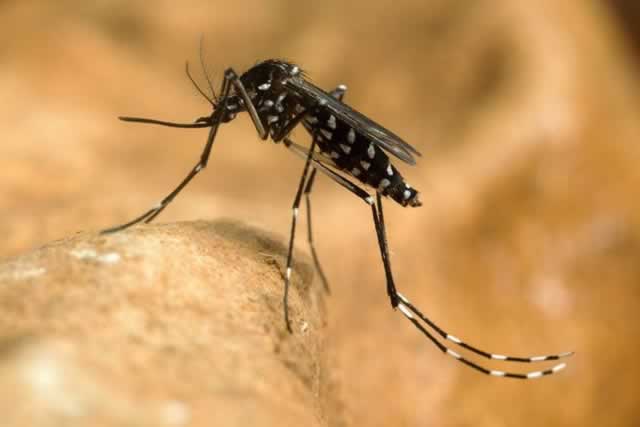Alarm over rapid spread of mosquitoes

LONDON. — As the world focuses on Zika’s rapid advance in the Americas, experts warn the virus that originated in Africa is just one of a growing number of continent-jumping diseases carried by mosquitoes threatening swathes of humanity.
The battle against the insects on the streets of Brazil is the latest in an ancient war between humankind and the Culicidae, or mosquito, family which the pests frequently win.
Today, mosquito invaders are turning up with increasing regularity from Washington DC to Strasbourg, challenging the notion that the diseases they carry will remain confined to the tropics, scientists documenting the cases told Reuters.
Ironically, humans have rolled out the red carpet for the invaders by transporting them around the world and providing a trash-strewn urban landscape that suits them to perfection.
The Aedes aegypti species blamed for transmitting Zika breeds in car tires, tin cans, dog bowls and cemetery flower vases. And its females are great at spreading disease as they take multiple bites to satisfy their hunger for the protein in human blood they need to develop their eggs.
Around the world, disease-carrying mosquitoes are advancing at speed, taking viruses such as dengue and Zika, plus a host of lesser-known ills such as chikungunya and St Louis encephalitis, into new territories from Europe to the Pacific. “The concern is that we have these species spreading everywhere. Today the focus is on Zika but they can carry many different viruses and pathogens,” said Anna-Bella Failloux, head of the department that tracks mosquito viruses at France’s Institut Pasteur.
In 2014, there was a large outbreak of chikungunya, which causes fever and joint pains, in the Caribbean, where it had not been seen before, while the same virus sickened Italians in 2007 in a wake-up call for public health officials.
Europe has seen the re-emergence of malaria in Greece for the first time in decades and the appearance of West Nile fever in eastern parts of the continent. — Reuters.










Comments